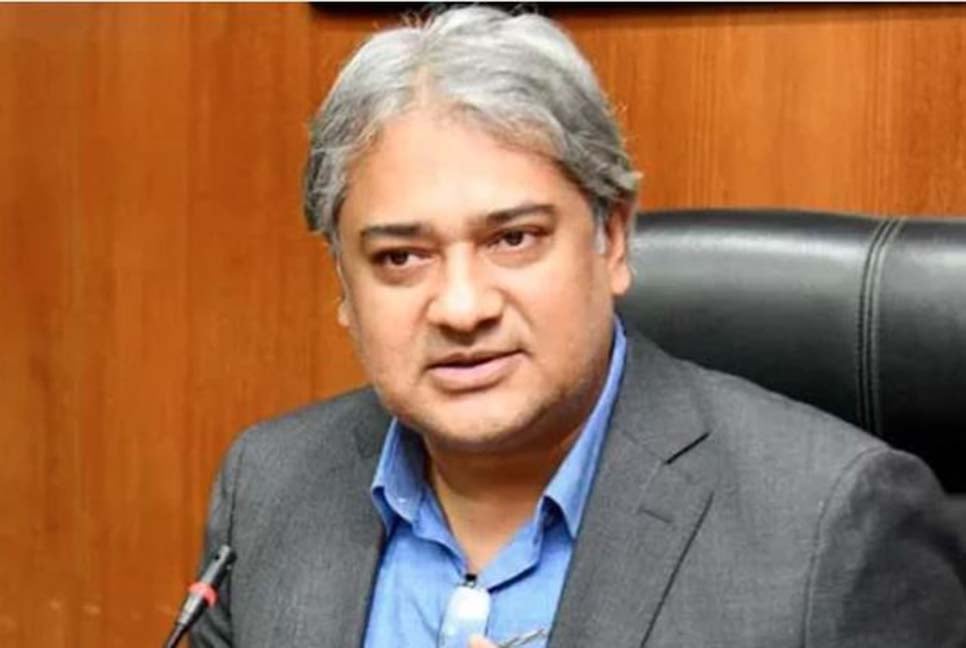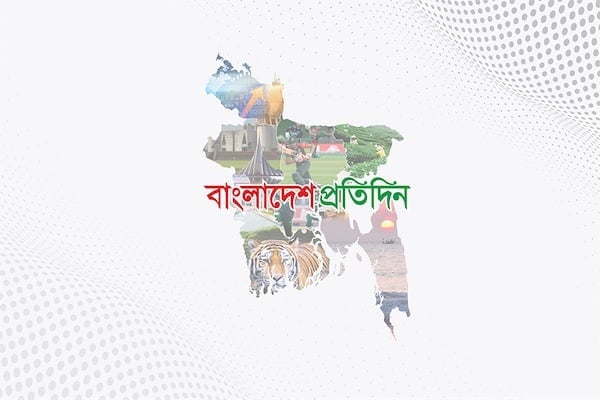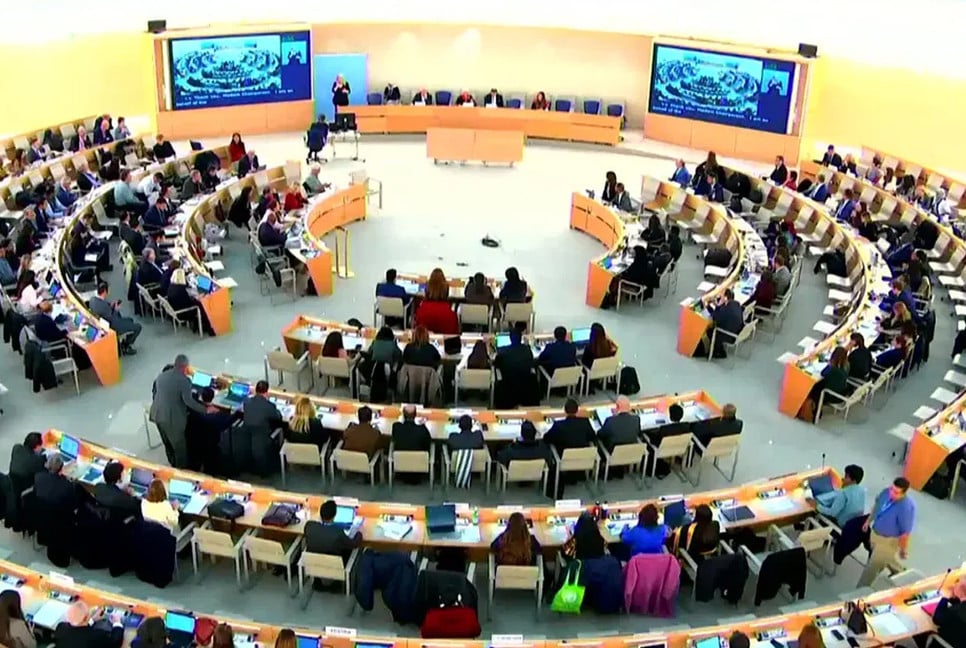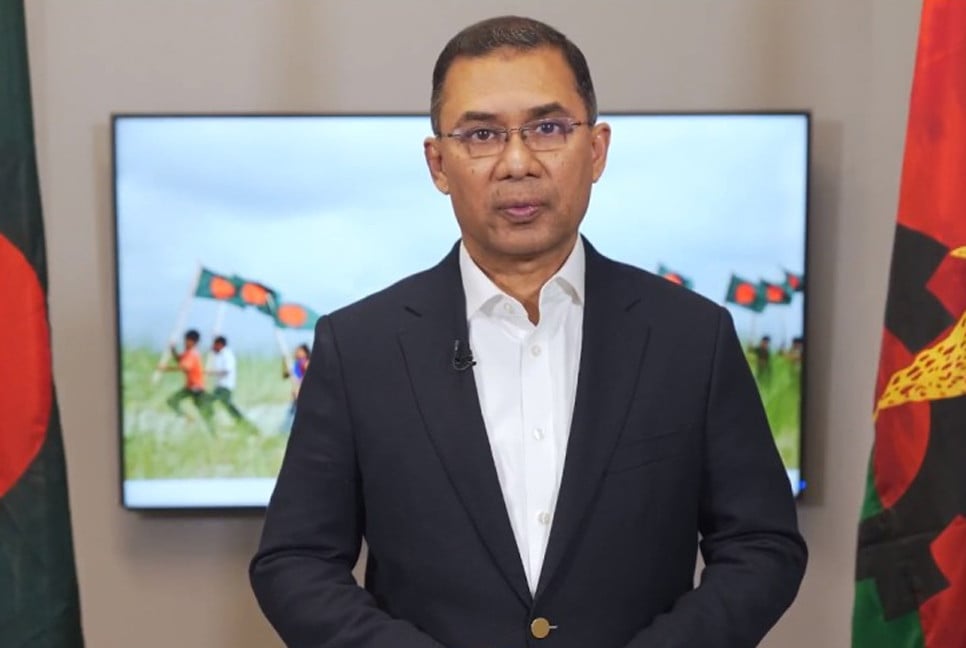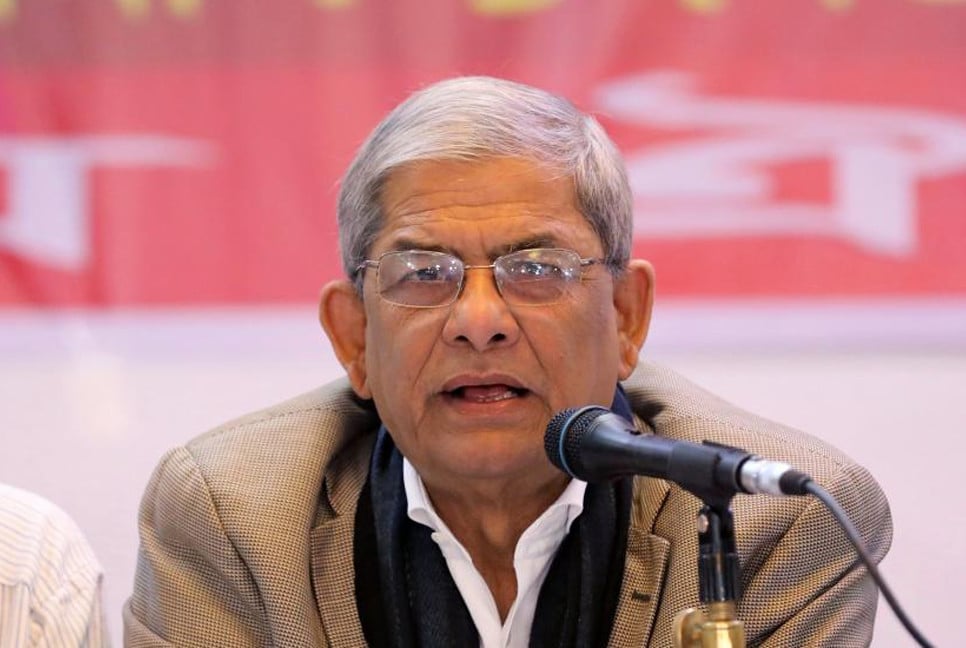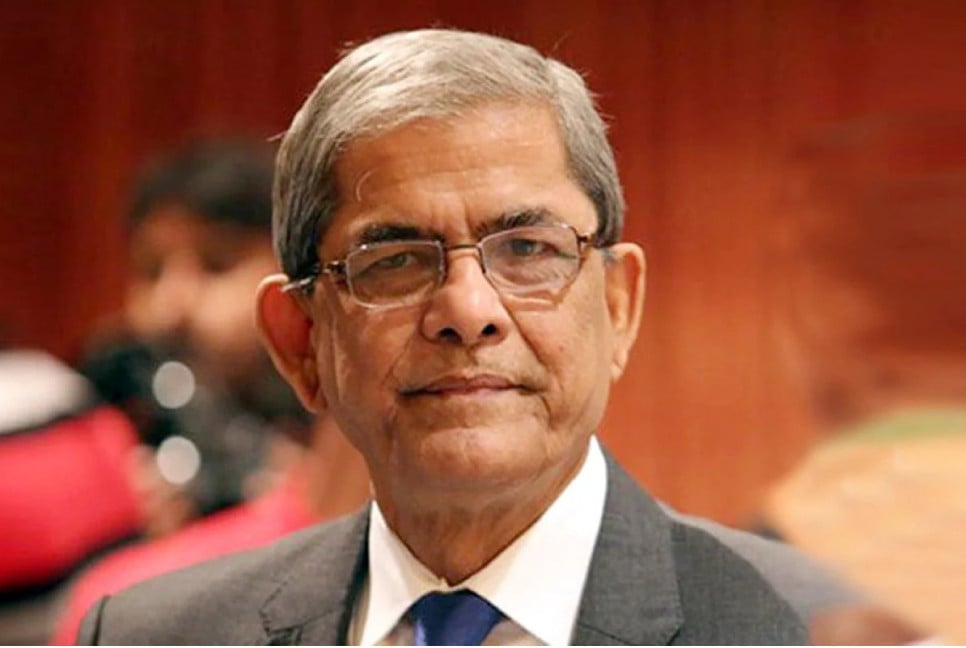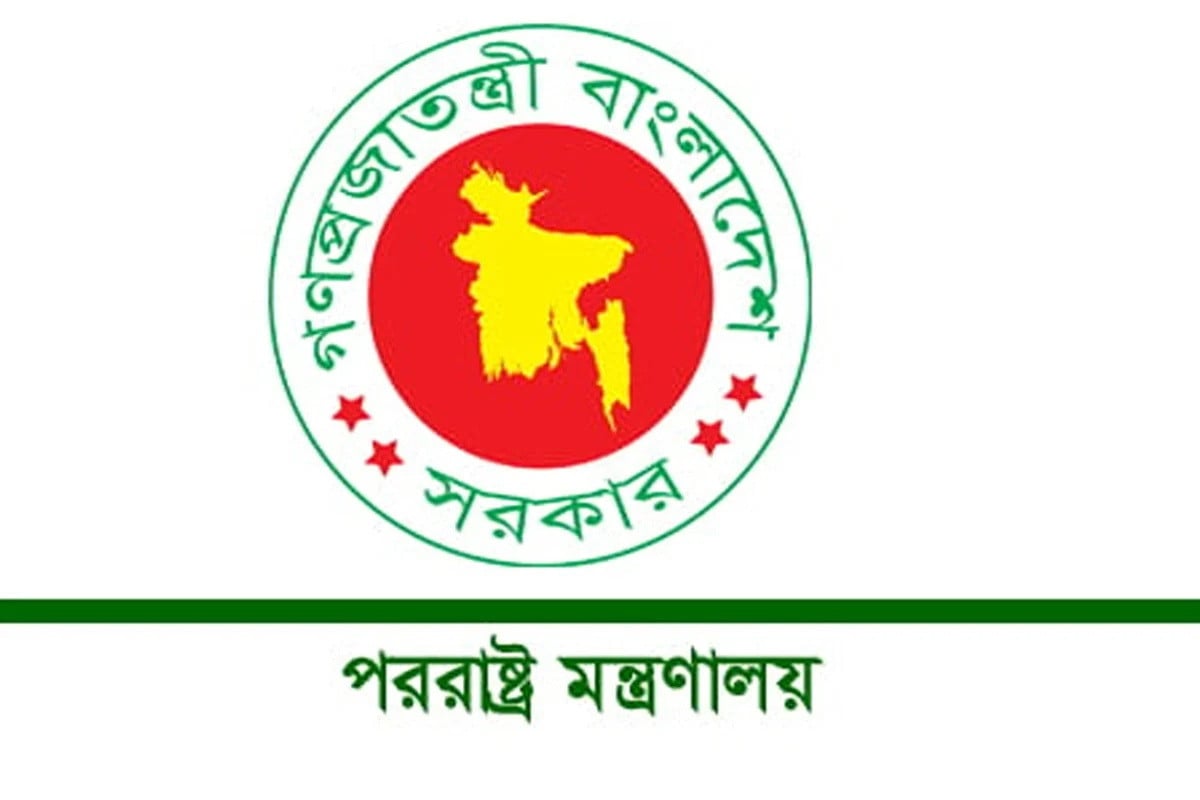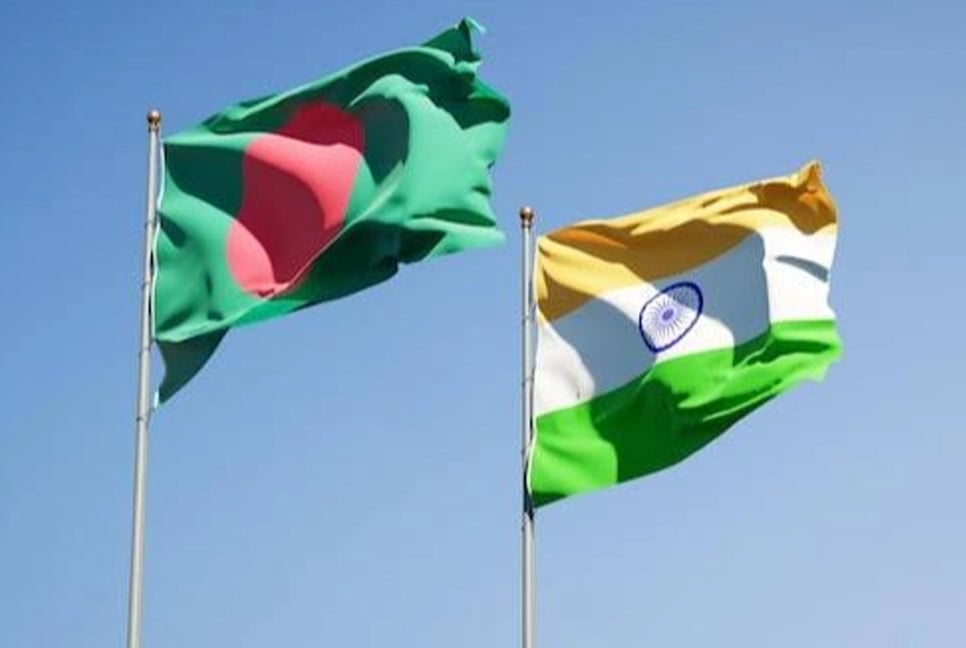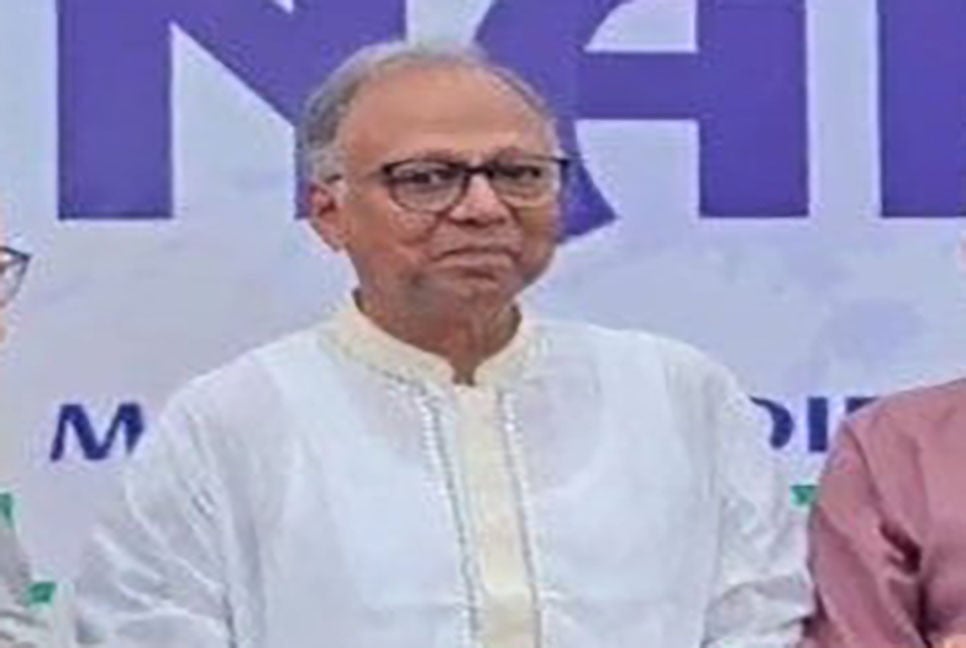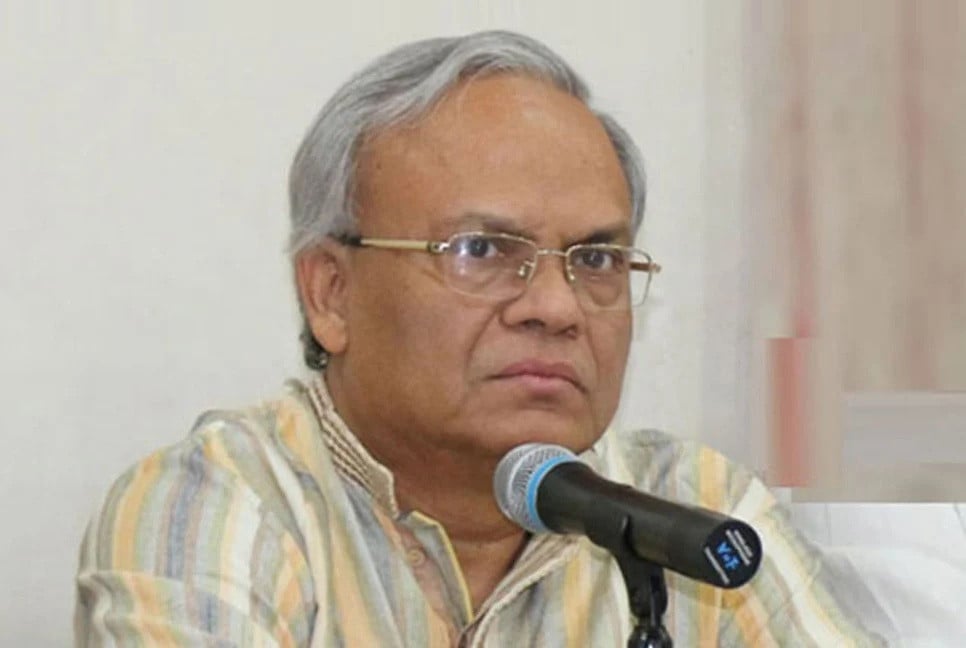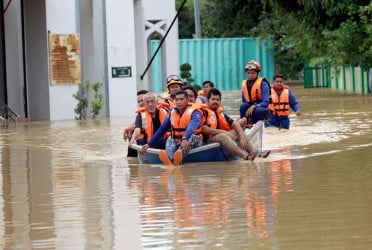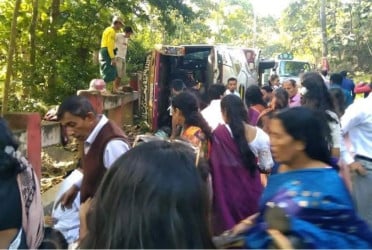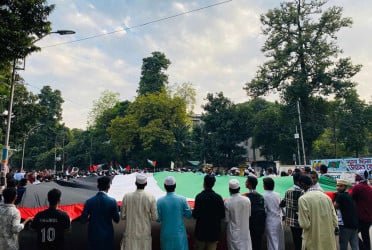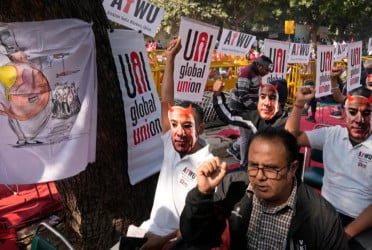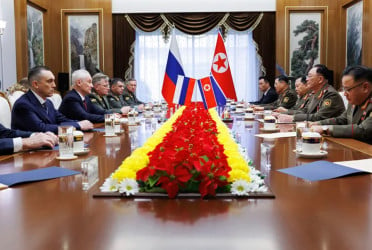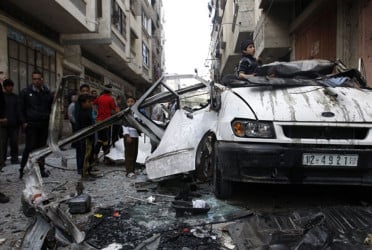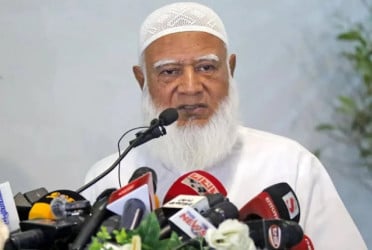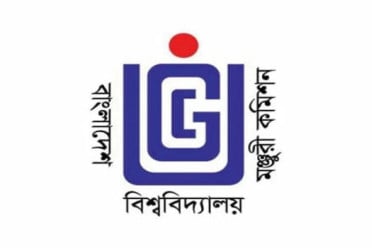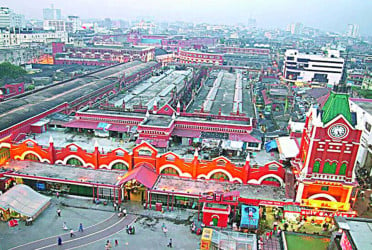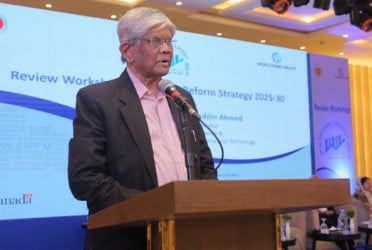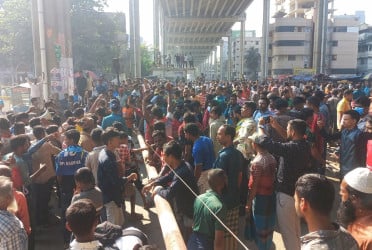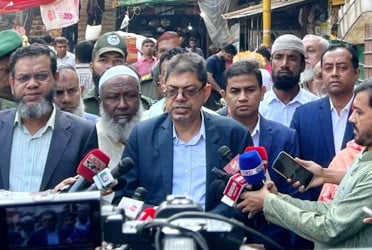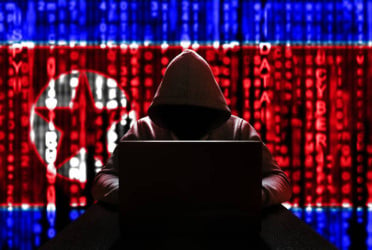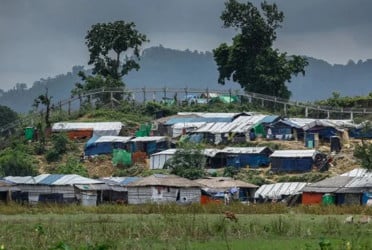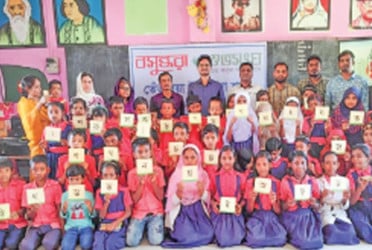State Minister for Information and Broadcasting Mohammad Ali Arafat said on Monday that the report published by Reporters Without Borders, known by its French acronym RSF, in May 2023 on journalism and media freedom in Bangladesh contains incorrect information and does not reflect reality.
The State Minister made the remarks at a press briefing in the Information and Broadcasting Ministry meeting room at the Secretariat this noon.
“Bangladesh has been ranked 163rd out of 180 countries in the World Press Freedom Index based on inaccuracies, half-truths, and insufficient information. Through this, the development of the media in Bangladesh, ensuring a fair environment, and the continuous efforts of the present government for independent and neutral journalism have been denied. The government considers RSF's assessment unacceptable, biased, and a deviation from the truth against the real scenario of the country's media and journalistic freedom,” reads a press release of the ministry.
An official letter has been sent to RSF to re-evaluate the ranking, he said.
The RSF website has information about six journalists Sirajul Islam Ratan, Ahmed Khan Babu, Golam Mostafa Rafique, Khalilur Rahman, Mohammad Akhtaruzzaman, and SM Yusuf Ali, he said adding that “According to the latest available information, RSF's claim about them is illogical and baseless.”
Contrary to RSF's claim, since 2009, the government led by Prime Minister Sheikh Hasina has prioritized the expansion of private television and radio channels rather than the public media,he added.
“Public broadcasters BTV and Bangladesh Betar broadcast various development-oriented programs and news on education, public health, women empowerment, and empowerment of rural people. These two broadcast media highlight all the development works implemented by the government for the welfare of the people. As a result, BTV and Betar are constantly creating a bond between the government and the people. But the RSF report says the opposite,” he went on.
The government introduced the Digital Security Act (DSA) in 2018 to protect cyberspace from terrorists, fundamentalists, and miscreants, said Arafat, adding “However, due to concerns over some provisions of the law, the government abolished the DSA and instead enacted the Cyber Security Act (CSA) in 2023. The law provides for legal summons instead of arresting journalists in defamation cases related to publishing news. The concerns of RSF's latest report on the legal context are not relevant at this time. RSF should reassess these issues and reflect on them in their next report.”
He also said that the government has finalized the Journalist Identity Card Policy, 2022, formulated the National Broadcast Policy in 2014, and formed the 'Bangladesh Journalists Welfare Trust to protect the rights of journalists and restore their dignity.
“The government has formed the 9th Wage Board to improve the living standard of journalists, and ensure standard wages and livelihood, and the process of forming the 10th Wage Board is also underway. These good initiatives should have been reflected in the RSF report,” he added.
Bd-pratidin English/Lutful Hoque

